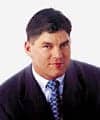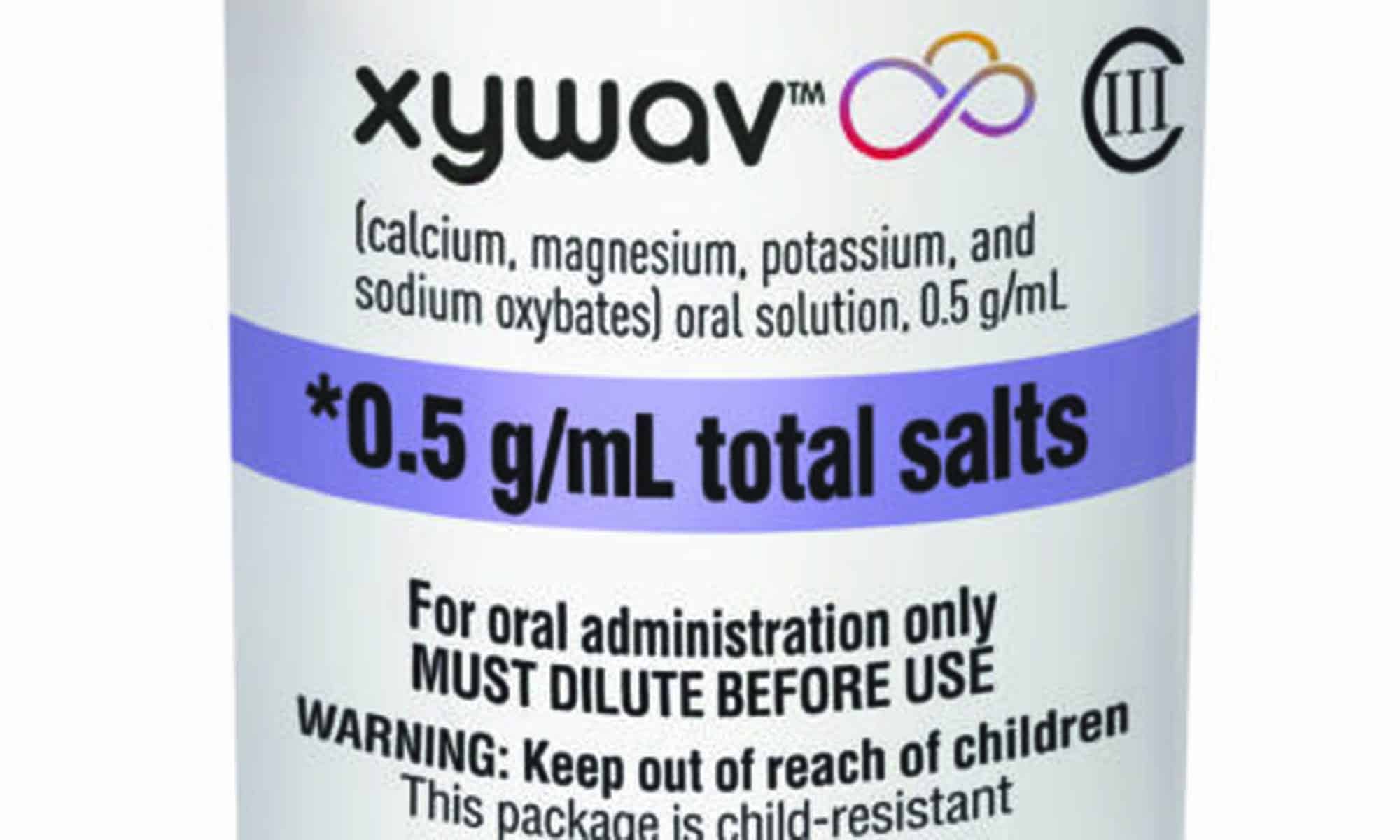Sleep professionals need to remain at the center of their evolving industry in order to promote awareness of sleep issues to the public.

The study was published in the New England Journal of Medicine and found that sleep apnea among young, physically fit men was significantly more widespread than previously thought; however, what resonated most with the public, media, and business community was the link between sleep and daytime performance.
By the week’s end, the study had been covered by The New York Times, Washington Post, and “Good Morning America.” While sleep apnea is the most common sleep disorder, it is only one of more than 70 disorders affecting people everyday; insomnia, for example, also afflicts millions of people. While this study on sleep apnea captured the public’s attention, it is important to note that the same correlation between restful sleep, daytime performance, and overall health underlies almost all sleep disorders.
The potential for growth demonstrated by this increased public interest has pushed sleep medicine into a critical phase of development. I believe that the industry must keep highly trained and educated professionals at the center of diagnosing sleep disorders, treating patients, and conducting research. We can do this by focusing on three key initiatives including:
- conducting more clinical research studies on sleep disorders
- emphasizing expert training and continuing medical education (CME)
- assigning technology the proper role
Awareness Drives Demand
Practical, high-profile research like our NFL study has the power to intrigue both the medical community and the public. That is why we need to promote the importance of awareness throughout the industry. Piggybacking on the success of the sleep apnea study, our industry must conduct more studies on insomnia, narcolepsy, and circadian rhythm disruption.
Through research, our industry can tap into and stimulate the burgeoning demand for sleep disorder diagnosis and treatment. At SleepTech, for example, we have created a SleepTeam composed of board-certified physicians, educators, and researchers to design and conduct clinical studies that explore sleep-related health issues pertaining to the public. So far, the public has seen only the tip of sleep medicine. Research and awareness can bring the rest of this iceberg to the surface.
Training and education raise standards and stature. In order to conduct valuable research and deliver the highest quality of diagnosis and treatment of patients, we must enhance the skills and expertise of our health care professionals. More physicians must be board-certified and technologists need to be trained by experts and receive ongoing education and support. Researchers must be encouraged and physicians must continue to learn about the field of sleep medicine as it evolves and pertains to other specialties.
That is why my company emphasizes training and continuing education for all of our sleep technologists. We also encourage physicians to learn more about sleep disorders and treatment by providing interactive Web conference symposia, which includes CME credit with review, consultation, and accreditation.
Technology is a Tool
Extraordinary advances have been made over the last 10 years in diagnostic equipment, treatment technology, and analysis software—all of which have helped our industry grow. In addition, aspects of the diagnostic process like data movement and remote access to data could have similar improvements in the near future.
The temptation may be to let the technology drive the industry from here, but it was the qualifications of the physicians involved in our NFL study—not the technology—that provided the necessary credibility to be cited by the New England Journal of Medicine. For this reason, technology cannot be allowed to drive the industry or reduce the participation of doctors and technologists. Instead, it must remain a tool that enables our health care professionals to improve their job performance. As with most technologies, the focus will eventually shift from the technology itself to what professionals can accomplish.
On Super Bowl Sunday, I caught a glimpse of the future of our industry and I liked what I saw. So did the public. All we have to do to make the dream of promoting awareness of sleep issues come true is place it in the hands of highly skilled and educated professionals.
Vyto Kab is co-managing director, SleepTech, LLC, Kinnelon, NJ.




